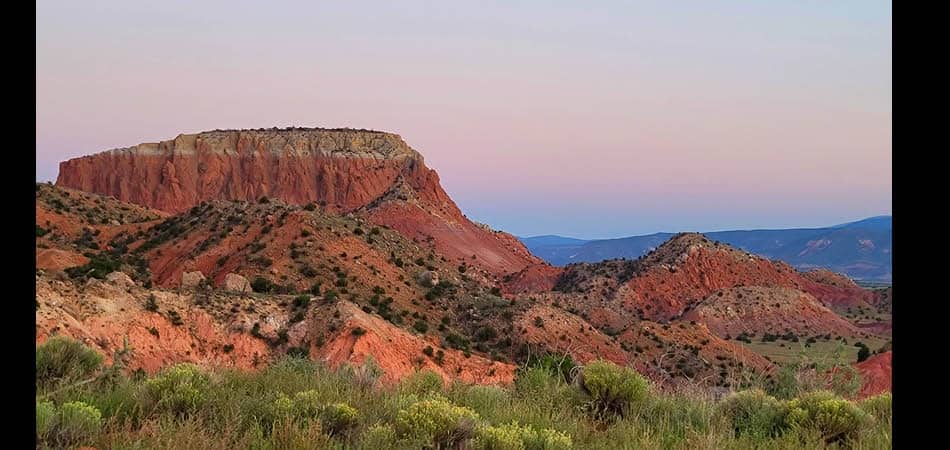
Healing Colonial Legacies: Developing Empathy for Self, Land, and People of the Land with Deana Dartt, Heron Brae, Nancy Judd and A Weekend with Robin Wall Kimmerer – G24100201-3
Our online booking system is down. Please call 505.685.4881 or 505.685.1019 to register for this workshop. We apologize for the inconvenience.
Facilitators: Deana Dartt, Heron Brae, Nancy Morris-Judd
Guest Presenters: Moises Gonzalez, Johnny Valdez, Jason Garcia
Join us for a transformative four-day workshop designed to deepen your connection to the land, yourself, and your sense of community. This immersive experience blends discussions, creative processes, and outdoor activities, guiding you on a decolonial journey of empathy for self, land, and the people of the land. Our foundational approach is rooted in decolonial practice which includes working with our hands and hearts through the creation of an “empathy journal”, experiencing our connection to place by using all our senses, and the creation of community dialogue, through intimate sharing and discussion.
We begin with establishing a supportive environment and learning community through sharing introductions and intentions. We will each explore our connections to the land and the legacy of colonialism as it has impacted this place where Ghost Ranch now sits, emphasizing healing through empathy and new perspectives of the world around us.
Moises Gonzales (Genizaro), Johnny Valdez (Southern Ute) and Jason Garcia (Kha’po Owingeh [Santa Clara Pueblo]) will join us on the second day to provide a deeper story of connection to place and what it means to live multi-generationally with and not just on the land. They will also share their perspectives of what human and environmental disruptions have meant to the people and to the place. We can then reflect on how this history affects us and lives within us.
After grounding in place and the people of the place, we explore the maps of our own histories, and how our people have traveled through time carrying deep ancestral knowledge and history of belonging, as well as trauma and disconnection/dislocation. On this journey of understanding self in the context of our histories, we ask ourselves how we have become who we are and how we may find our way home again.
The workshop culminates in integrating these experiences to consider right action and allyship, asking how we can authentically engage as ourselves, in community with Native people and the earth. Leave with practical tools and frameworks for personal and community healing and a new lens for connection to the land and its original and continued stewards.
Braiding Sweetgrass with Robin Wall Kimmerer
In her weekend-long workshop, Robin Wall Kimmerer will explore the dominant themes of her award winning book, Braiding Sweetgrass, which includes cultivation of a reciprocal relationship with the living world. Participants are invited to consider what we could learn if we understood plants as our teachers, from both a scientific and an indigenous perspective. Kimmerer will delve into the covenant of reciprocity, how we might use the gifts and the responsibilities of human people in support of mutual thriving in a time of ecological crisis. Her workshop will also focus upon indigenous philosophy and practices which contribute to sustainability and conservation. Finally, it will offer approaches to how indigenous knowledge might contribute to a transformation in how we view our relationship to consumption and move us away from a profoundly dishonorable relationship with the Earth
Instructors
-
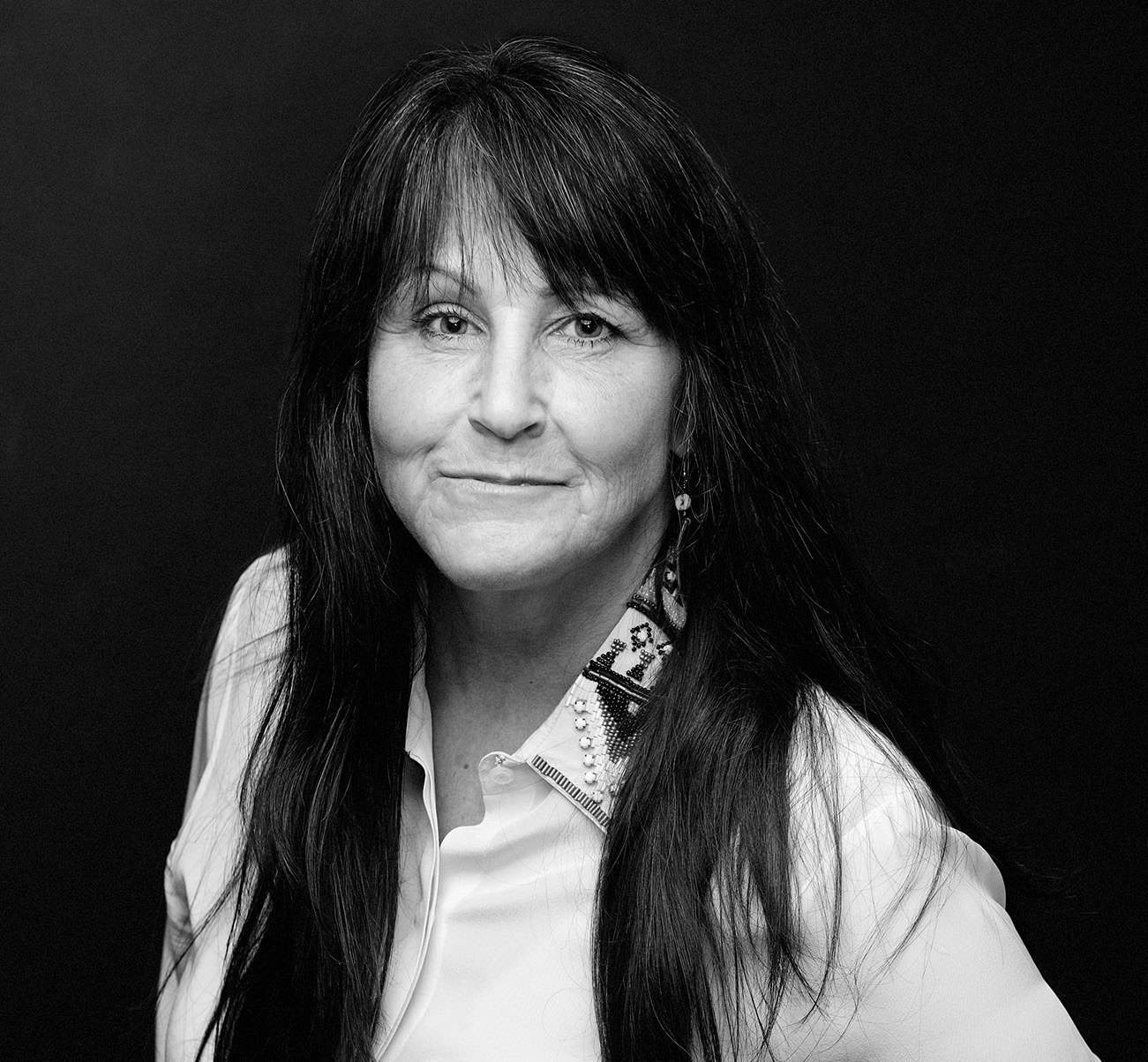 Deana Dartt
Deana DarttDeana Dartt, PhD (Director) is Coastal Band, Chumash, and Mestiza, descending from the indigenous people of the Californias. Her scholarly and professional work strives to address the incongruities between public understanding, representation and true acknowledgement of Native peoples, their cultures, histories, and contemporary lives. She earned her MA and PhD from the University of Oregon and has held curatorial positions at the Burke Museum of Natural and Cultural History and the Portland Art Museum as well as teaching appointments at the University of Oregon, University of Washington, and Northwest Indian College. She recently completed a writing fellowship at the School for Advanced Research where she revised her book manuscript for publication titled: Subverting the Master Narrative: Museums, Power and Native Life in California. She is also the primary author of the AAM/SAR Standards for Museums with Native American Collections
-
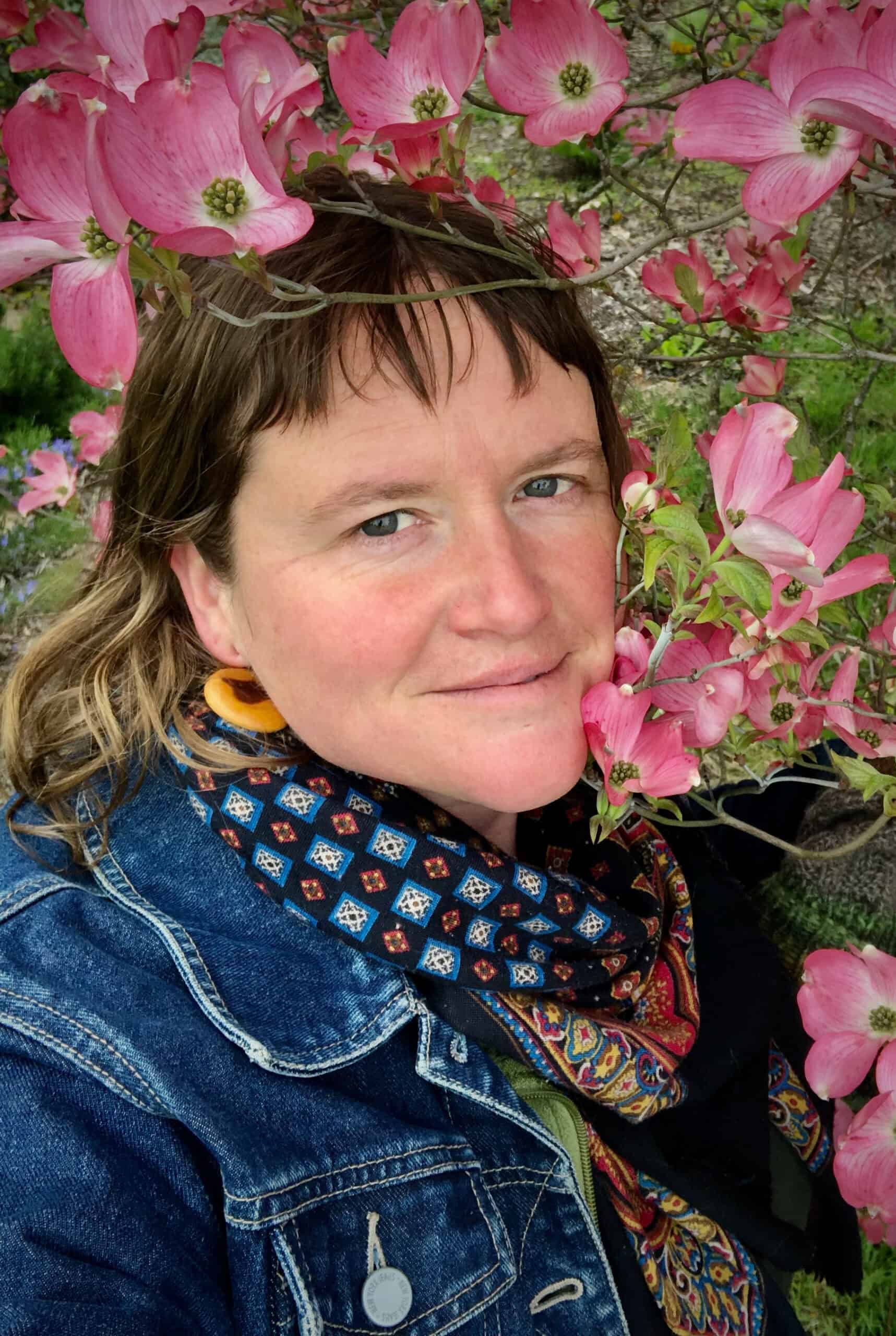 Heron Brae
Heron BraeHeron Brae is a community builder, educator, and facilitator with over 25 years of experience in grassroots intersectional anti-oppression movements. She practices peer-to-peer listening within a liberation framework and has deeply engaged in personal emotional learning, facing systems of power, and healing ancestral trauma and shame in her Celtic and Germanic lineage. As a descendant of early settlers to the US, emotional empathy is crucial to her work of un-numbing. Heron also has extensive knowledge of botany, ecology, and herbalism, teaching people to harvest, use, and care for wild plants while understanding the colonial context. At Live Oak Consulting, she co-facilitates trainings, including affinity groups for non-Native people to build emotional resilience and skills for decolonial work. In her free time, Heron enjoys camping in remote locations, harvesting wild plants, cooking, loving her community, and marveling at life’s mysteries.
-
Johnny Valdez
-
Moises Gonzales
-
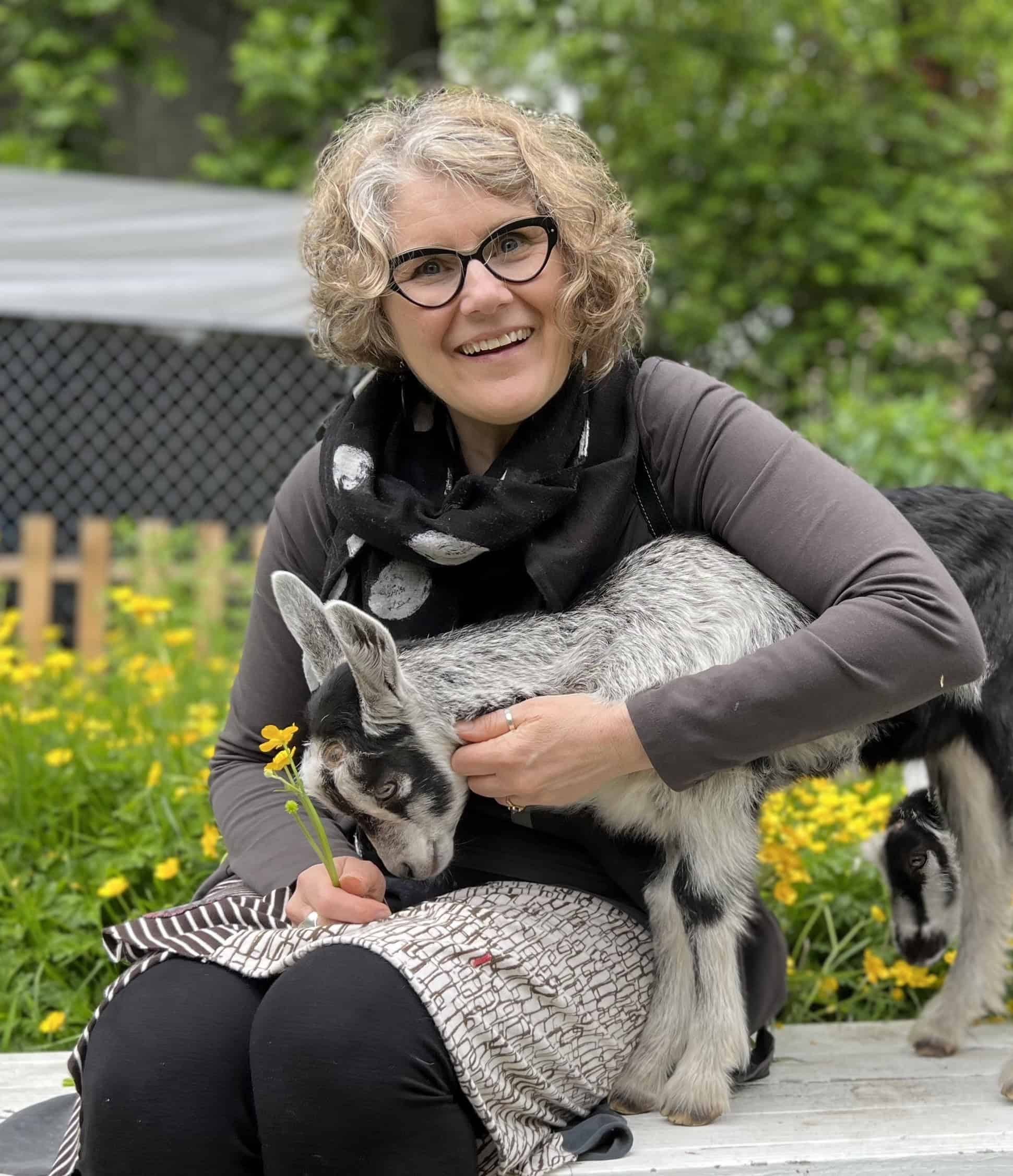 Nancy Morris-Judd
Nancy Morris-JuddNancy Judd is an internationally recognized artist, environmental advocate, and teaching artist. For over 20 years she has been creating art exhibitions made from trash that engage people in conversations about how we live on the earth. Nancy exhibits her work in public airports and museums and one of her pieces, the Obamanos Coat, is in the Smithsonian Museum’s permanent collection. In her work as a teaching artist, Nancy provides arts integration to students in classrooms and adults in training settings. Nancy’s work is inspired by the indigenous people around the globe who have cared for the earth for thousands of years. She asserts that by following their lead and working with them, we can collectively mitigate the impacts of climate change. Nancy explores her own privilege, colonized mindset and white/settler fragility and brings her personal experiences to all her trainings. www.RecycleRunway.com.
-
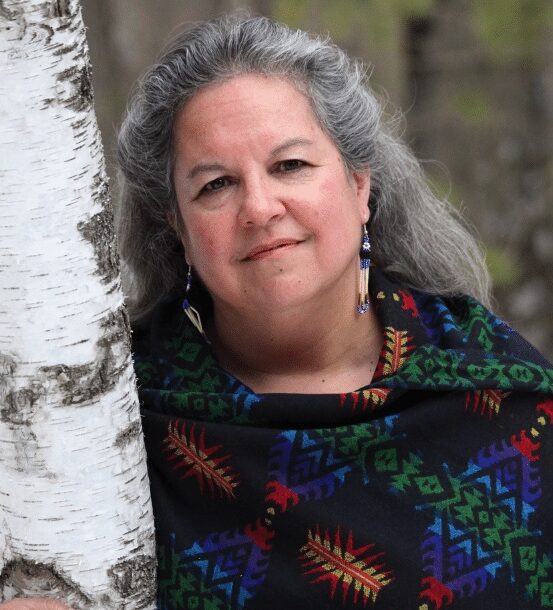 Robin Wall Kimmerer
Robin Wall KimmererRobin Wall Kimmerer is a mother, scientist, decorated professor, and enrolled member of the Citizen Potawatomi Nation. She is the author of Braiding Sweetgrass: Indigenous Wisdom, Scientific Knowledge and the Teachings of Plants, which has earned Kimmerer wide acclaim. Her first book, Gathering Moss: A Natural and Cultural History of Mosses, was awarded the John Burroughs Medal for outstanding nature writing, and her other work has appeared in Orion, Whole Terrain, and numerous scientific journals. In 2022, Braiding Sweetgrass was adapted for young adults by Monique Gray Smith. This new edition reinforces how wider ecological understanding stems from listening to the earth’s oldest teachers: the plants around us. Robin’s newest book, The Serviceberry: Abundance and Reciprocity in the Natural World (November 2024), is a bold and inspiring vision for how to orient our lives around gratitude, reciprocity, and community, based on the lessons of the natural world.
Robin tours widely and has been featured on NPR’s On Being with Krista Tippett and in 2015 addressed the general assembly of the United Nations on the topic of “Healing Our Relationship with Nature.” Kimmerer is a SUNY Distinguished Teaching Professor of Environmental Biology, and the founder and director of the Center for Native Peoples and the Environment, whose mission is to create programs which draw on the wisdom of both indigenous and scientific knowledge for our shared goals of sustainability. In 2022 she was named a MacArthur Fellow.
As a writer and a scientist, her interests in restoration include not only restoration of ecological communities, but restoration of our relationships to land. She holds a BS in Botany from SUNY ESF, an MS and PhD in Botany from the University of Wisconsin and is the author of numerous scientific papers on plant ecology, bryophyte ecology, traditional knowledge and restoration ecology. As a writer and a scientist, her interests in restoration include not only restoration of ecological communities, but restoration of our relationships to land. She lives on an old farm in upstate New York, tending gardens both cultivated and wild.
